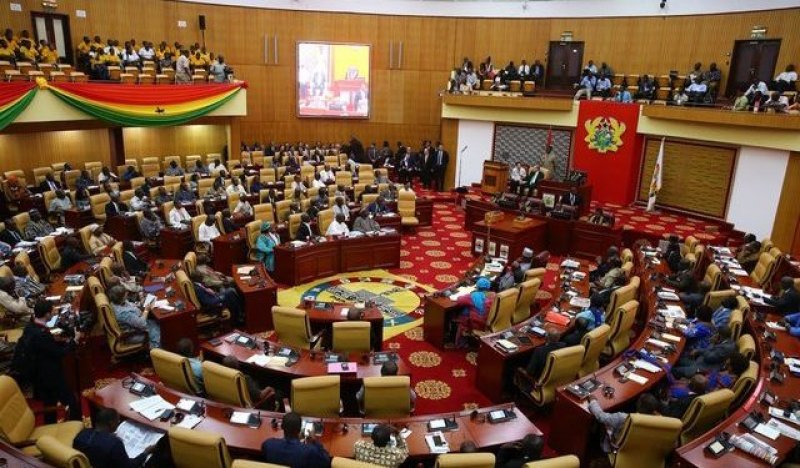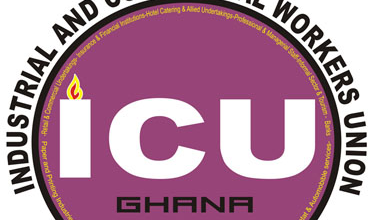Six businesses submit a petition to Parliament to oppose the proposed import restrictions bill

Six business associations, collectively known as the Joint Business Consultative Forum, have submitted a petition to Parliament opposing the proposed import restrictions bill.
The groups, including the Ghana Union of Traders’ Associations (GUTA), Food and Beverages Association of Ghana (FABAG), Importers and Exporters Association of Ghana, Ghana Institute of Freight Forwarders (GIFF), Chamber of Automobile Dealership Ghana (CADEG), and Ghana National Chamber of Commerce and Industry (GNCCI), expressed their concerns about the bill’s potential impact.
The bill aims to restrict the importation of 22 products in Ghana. Tensions rose last Friday during the bill’s presentation in Parliament, with the Minority expressing opposition, claiming it would disproportionately benefit a specific faction of the New Patriotic Party.
In a petition dated November 26, the six business associations argued that if the legislative instrument (L.I.) is passed, it could have detrimental effects on goods prices, hinder the free flow of goods, and potentially cripple businesses. They are urging Parliament to reject the import restrictions bill, emphasizing their strong opposition on several grounds.
The associations stated, “We vehemently oppose this LI and would appreciate its immediate rejection by Parliament to allow for proper consultations and dialogue to take place.”
They highlighted concerns that the proposed price restrictions on certain products could lead to significant price hikes, limiting competition severely.
Moreover, the associations expressed apprehension about the Minister of Trade and Industry becoming the ultimate decision-maker on which companies can trade in specific items. This, they argued, could result in a monopolistic or oligopolistic market situation, disadvantaging smaller businesses.
The groups also raised concerns about the permit system, suggesting that it would impede the flow of goods into Ghana from other countries.
They pointed out that importers would no longer be able to determine quantities based on market demands, as the Minister’s decisions would dictate orders.
Additionally, they highlighted potential delays in the decision-making process, impacting the normal 3-month timeframe for orders from purchase to delivery.
The importation of products such as ‘Yemuadie’ (tripe), rice, diapers, and others would be restricted if the LI is passed.





